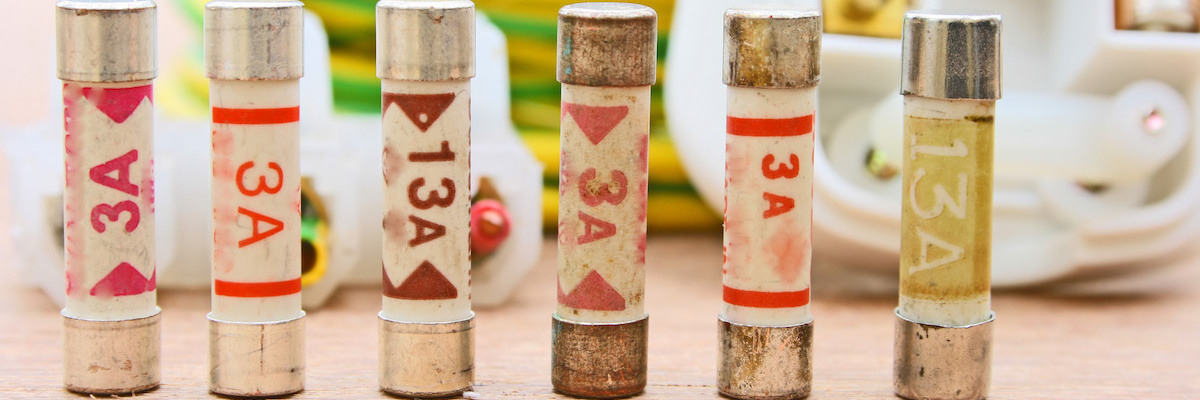Types of Fuses

Each electrical job is unique, that’s why there are many different types of fuses you can choose from. Are you looking for a low voltage or a high voltage fuse? Are you working with an AC or DC fuse? Get all the information you need to get the job done as Gateway Cable Company breaks down all the various types of fuses you’ll need to deliver the proper power for your next project.
AC Fuses and DC Fuses
One of the first ways types of fuses are classified is by AC and DC fuses. A DC fuse is slightly larger and tends to require more maintenance as it can only maintain a constant voltage that must be monitored to prevent it from breaking or blowing a circuit. An AC fuse is much smaller and more versatile as it generates alternate voltage with varying frequencies of 50 cycles per second. This flexibility is why AC fuses can also be classified as high or low voltage to meet your needs.
Low Voltage and High Voltage Fuses
As mentioned above, AC fuses are further broken down and classified as either high voltage or low voltage with plenty of subcategories of fuses to meet the demands of each electrical job. If you’re working on a high voltage fuse it will exceed a 1,000V voltage, while low voltage will operate below 1,000V. Here’s a further breakdown of the various fuses found under these categories:
Low Voltage
- Cartridge Fuse: Features a closed structure with the Fuse Links enclosed in the container.
- Rewireable Fuse: Comes with a fuse base and carrier and used for house wiring, small industries and other small current applications.
- Striker Fuse: Helpful for tripping or closing the electrical circuit.
- Switch Fuse: Enclosed in a metal switch and used for common applications.
- Drop-out Fuse: Used commonly to protect outdoor transformers.
- D-Type Fuse: Contains a fuse base, adapter ring, cartridge and a fuse cap, and conducts the current through the fuse links.
- Link Fuse: Can also be classified as a blade fuse and bolted fuse.
High Voltage
- Cartridge Fuse: Avoids the corona of higher voltages.
- Liquid Fuse: Contains carbon tetrachloride also preserved at both the tops of the caps and used to protect transformers and breaker circuits.
- Expulsion Fuse: Comes with an unfilled open-finished cylinder designed with synthetic resin-bonded paper and used to protect electrical feeders.
Turn to Gateway Cable Company for Your Fuse and Cable Needs
As you can see, there are many different types of fuses to help you get the connection you’re looking for, and if you need any assistance finding the right fuse or learning about how fuses work, you can always turn to Gateway cable company. We’re proud to carry a great selection of cables and fuses for your next project, as well as more helpful information on electrical cables, electrical contacts, ozone resistant materials, Megger testing, and NATO power plugs. Contact us today and let us know how we can help you with your electrical needs, or request a quote online for any of our products!
